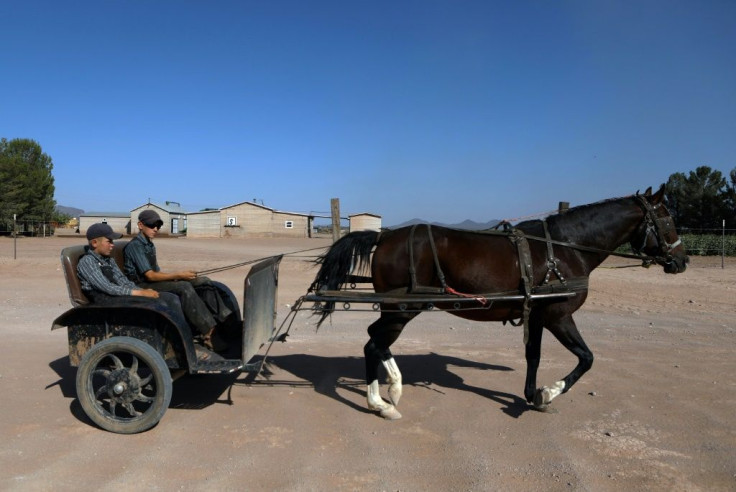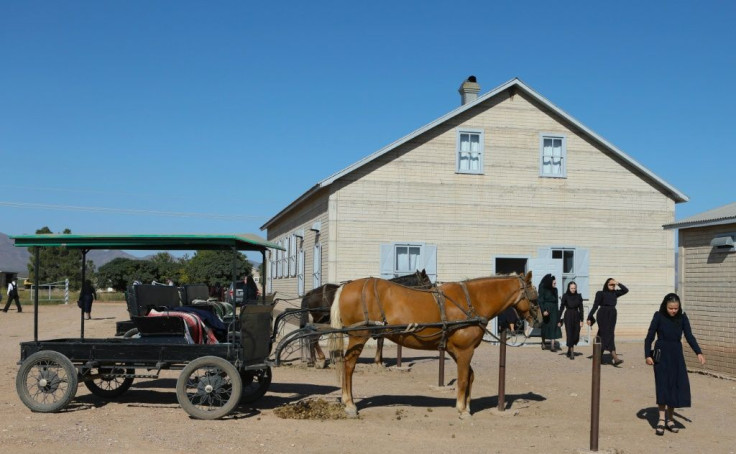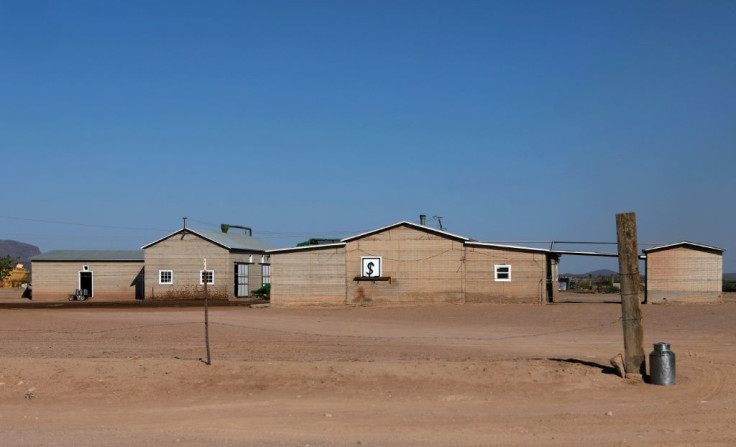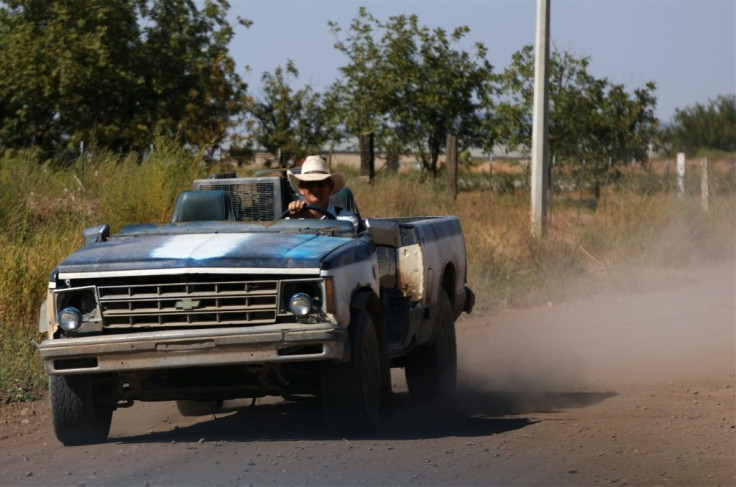Mexican Mennonites Learned Of Pandemic Through Rare Online Foray
When an isolated Mennonite community in the deserts of northern Mexico timidly opened up to the outside world through the internet, it discovered that a pandemic was sweeping the planet.
The residents of El Sabinal in Chihuahua state have traditionally shunned electricity, television, cellphones, cars and even rubber tires for their horse-drawn carriages.
But modernity is knocking at the door of the far-flung, dusty village and some of the younger members of the community have been seduced by the internet.

It was during one of their infrequent forays into cyberspace that they learned of the pandemic shaking Mexico and the rest of the world.
While self-isolation was their way of life even before the outbreak, the Mennonites believe the virus may have eventually reached their village.
"About 10 people from different families fell ill, though not very seriously," a shopkeeper in the community who asked not to be named told AFP.

"They thought it was the flu but when they went to the pharmacy they were told it was Covid-19."
The sick villagers did not visit the doctor or have tests, but self-isolated on the advice of the pharmacist, who is also a member of the community.
The Mennonites have few dealings with outsiders but they do visit neighboring communities to sell their produce, which is how some think they could have been exposed to the virus.

Mexico's Mennonites are the descendants of strictly conservative Protestants whose denominations emerged out of the 16th century Reformation in Europe.
Their ancestors fled persecution in Germany and the Netherlands for Russia, then Canada and finally Mexico in the 1920s.
Their native language is Low German. In a sign of their limited contact with the rest of Mexico, they often speak little Spanish.

Today, Chihuahua is no longer lonely enough for some Mennonites.
About 100 families -- almost half of those in the village -- abandoned El Sabinal after the government installed the first power lines in the area, heading to the southeastern state of Campeche.
Younger community members like Juan Jhonson had neither the funds nor the desire to go with them.
"I'm not leaving, I don't have money to go and buy land in Campeche," he told AFP. "I don't want to go either," he added.
Jhonson, 21 and recently married, does not share the belief among more conservative Mennonites that they should only use horse-drawn carts with wooden wheels.
"I do want the tires. For them it is wrong," he said. "I think it helps us to move."
The arrival of electricity is changing the community's way of life, although the service is sporadic.
"They're turning on the electricity, but it cuts out a lot," said 28-year-old father of three Jacobo who did not want to give his full name.
It is no longer unusual to see rubber tires on horse drawn carts in the village. Some residents even use pick-up trucks, tractors or modified carts powered by engines.
But other modern-day luxuries remain a step too far for many in El Sabinal.
"What do we want television for? Television is bad. But the tire, yes, because it helps us move quickly," said a 20-year-old man also named Jacobo.
© Copyright AFP 2024. All rights reserved.





















